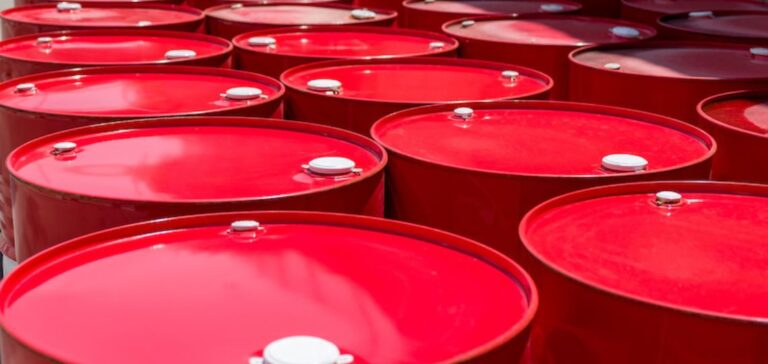Russia plans to send most of its oil exports in 2023 to non-sanctioned countries, said Russian Deputy Prime Minister Alexander Novak. This announcement comes a few days after announcing a significant reduction in crude oil production from March.
Exports to “friendly” countries
In a column published in a ministerial energy magazine on February 13, Novak said Russia plans to ship 80% of its crude oil and condensate exports and 75% of its refined product exports to “friendly” countries. However, he did not specify the exact volumes expected to be exported, or how this will compare to 2022 shipments.
Russia is redirecting its oil exports to emerging countries, such as China, India and Turkey, to compensate for the loss of traditional market share in Europe. In 2022, Russian exports increased by 7.6% to 242 million tons, equivalent to about 4.9 million barrels per day.
Impact of sanctions
However, analysts expect that the sanctions introduced in late 2022 and early 2023 will have an impact on oil production and exports. As of February 5, a similar embargo on Russian oil products was introduced, with price caps of $100/bbl for imports of Russian products that typically trade at a premium to crude, such as diesel, gasoline and kerosene, and $45/bbl for products such as heavy fuel oil that typically trade at a discount to crude.
In addition, Russia has responded to the sanctions by banning the sale of oil under price cap conditions. However, so far the restrictions have not had a major impact on Russian crude oil production volumes.
Impact on production
Novak also announced on February 10 that Russia would cut crude oil production by 500,000 b/d in March. S&P Global said the announcement increased the chances of a 26 million barrel release from the U.S. SPR. Some analysts believe that a further reduction in production is possible, as there is a shortage of customers for Russian oil and the situation will be exacerbated by the difficulty of finding new markets for its refined products.
According to Russian Energy Minister Alexander Novak, Russia refined nearly 272 million tons of oil in 2022, down 3% from the previous year. This represents about 5.5 million barrels per day.
However, despite this decline, gasoline and diesel production increased by 4.4% to 42.6 million tons and 6% to 85 million tons, respectively. This increase in production is due to the modernization of refineries.
Minister Alexander Novak also emphasized that the supply of fuel to the domestic market has been carried out reliably and at prices below inflation. He said this was made possible by a depreciation mechanism that ensures the profitability of the companies while keeping the retail price of fuel at service stations affordable for consumers.





















